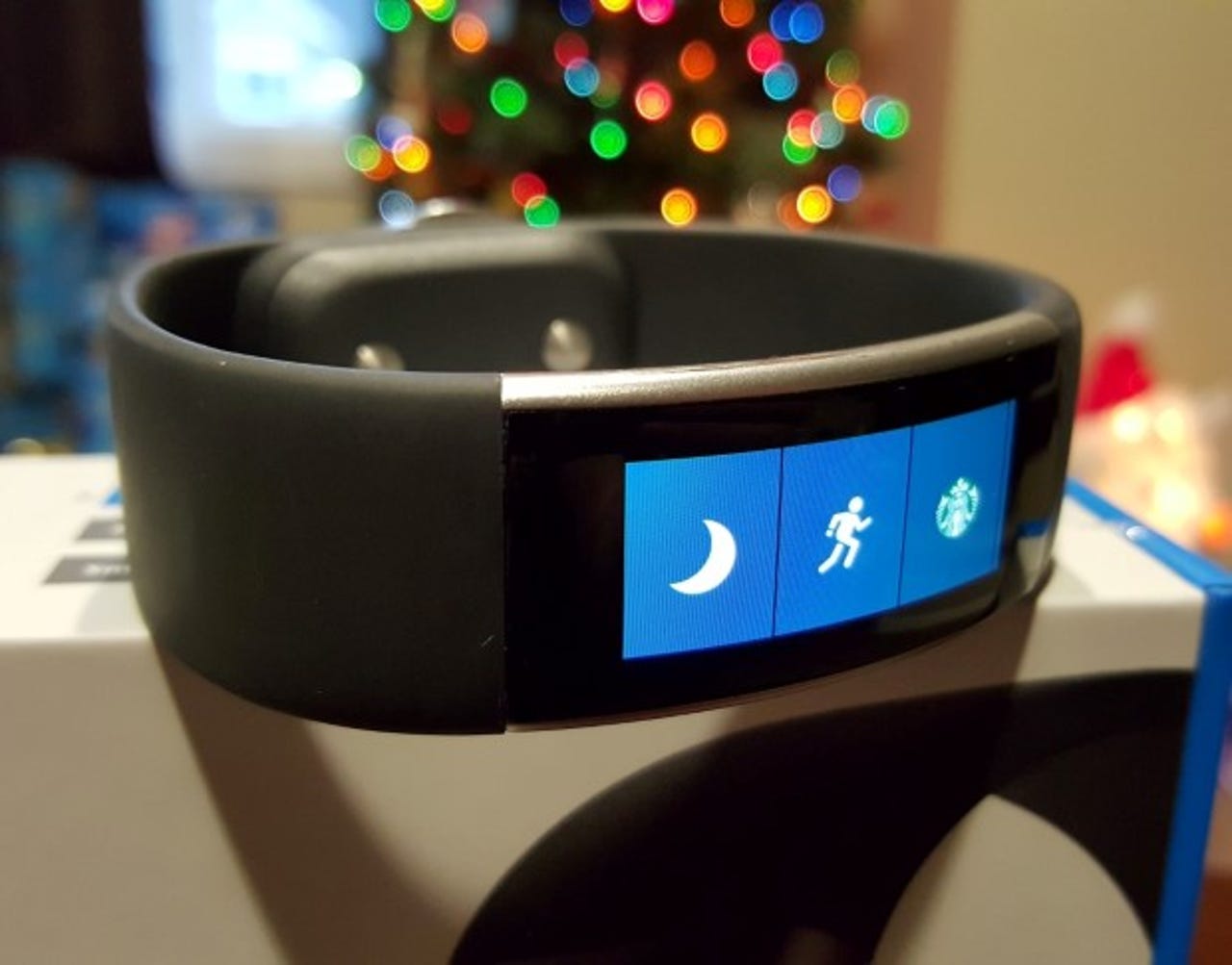What makes the Microsoft Band 2 better than the Apple Watch? It's the data


As much as I like my Apple Watch for its smartwatch and health tracking functionality, I haven't worn it much since I purchased my Microsoft Band 2. It's not the hardware, it's the type, amount, presentation, and access to the data that makes the Band 2 the ultimate life tracker.
Recent data shows that Apple Watch owners primarily use the watch for time and notifications, with the activity tracker showing up in third position. The activity tracker is simple and effective, but there's not much you can do with the data within the Apple Activity app.
If you load up third party applications, such as Polar Flow, Fitbit, or RunKeeper then you can share some of this data with other services. However, access is limited and in many cases I have been unable to get the share function to even work. Thus, the Apple Watch is fine for activity tracking if you just pay attention to the colored circles and want a quick view of basic information.
On the other hand, the amount of data captured by the Microsoft Band 2 and accessible via your Microsoft Health Dashboard is almost overwhelming. There are 11 sensors in the Microsoft Band 2 so your complete life is captured.
After using activity trackers for a couple of years, it has become apparent to me that just tracking the data is not enough. You need to capture the data and then use that data to set realistic goals for improving your lifestyle. The ability of the Microsoft Health website to view trends over different time periods, analyze the data through the observations option, and even export all of your data make it one of the most powerful health systems available today.
I also use to think that sleep tracking was only good for a few nights and after you saw how you slept it was always the same. As Kevin Tofel and I recently discussed on a MoTR podcast, sleep tracking is actually extremely useful and setting goals for sleep hours is actually a good thing. Getting a decent night's sleep is important to a healthy lifestyle and smartwatches that have to sit on the charger each night are ineffective for complete life tracking.
If you are a runner like me, then you also have the ability to export your GPS data to a third party service, such as Strava, or view all of that data within Microsoft Health. The Apple Watch has no GPS so the run data collected is simply your steps and heart rate.
Microsoft Band 2 image and screenshot gallery
Back in November 2014 I wrote that data accessibility is the key to a successful activity tracking system and I think that still holds true today. As you can see in that article, I was concerned with the first Microsoft Band that didn't have such data access. Thankfully, Microsoft continues to improve Microsoft Health and it's now one of the best.
If you want to improve your health, then I highly recommend you consider the Microsoft Band 2. It's reasonably priced, is extremely comfortable, has a decent two day battery life, and connects to all mobile operating systems.